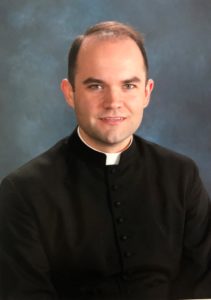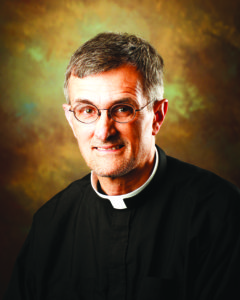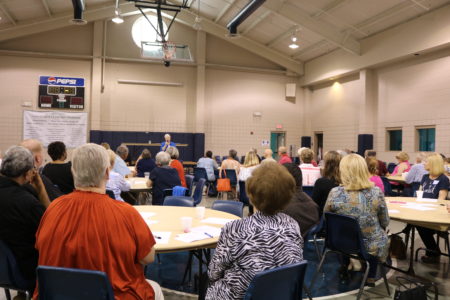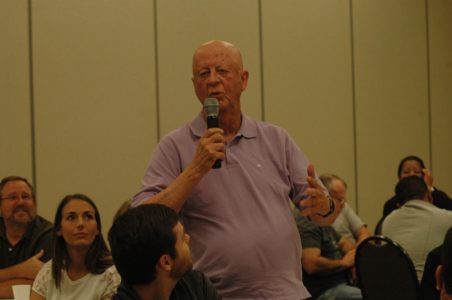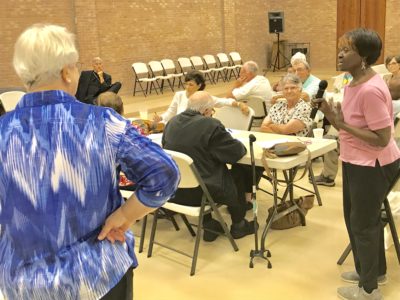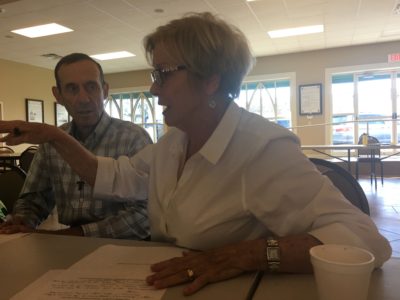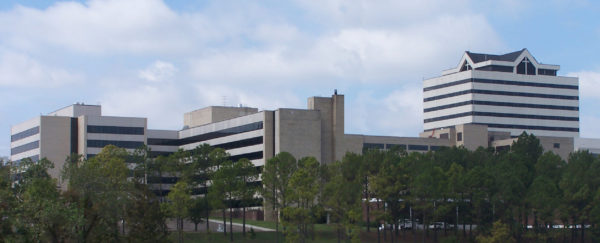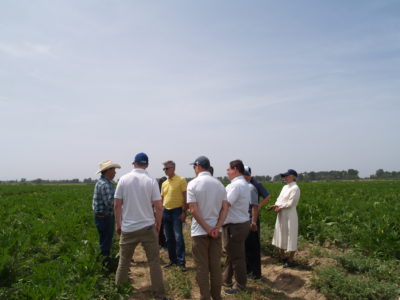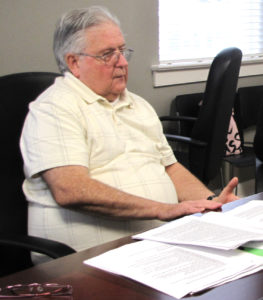By Berta Mexidor
Sister María Elena Méndez, MGSpS, a coordinator for Hispanic Ministry for the Diocese of Jackson visited her colleagues in the Diocese of Fresno, California’s, Migrant Ministry program on September 17-19.
This was the second half of an exchange program sponsored by the U.S. Conference of Catholic Bishops (USCCB) office of Pastoral Care of Migrants, Refugees and Travelers (PCMRT). Members of the UCSSB committee make annual visits to dioceses who work with a large population of immigrant and temporary workers. In 2015 Bishop John Manz led a PCMRT visit to the Jackson Diocese. The local Hispanic ministry team took him on a tour of farms and work sites in the Delta so he could experience the reality of life in the rural South.
This year the committee invited Sister Mendez to accompany them to California. Bishop Armando Ochoa and Benito Medrano, coordinator of Hispanic Ministry of the Fresno diocese welcomed the visitors.
Representatives from the University of Detroit Mercy, the UDM Jesuit Community and the Catholic Migrant Farmworker Network also attended.
The guests learned about the work of Fresno diocesan team; went to an Easton, California, vineyard and a dairy in Rosa to visit farmworkers and their families. They also witnessed the efforts of both the Immaculate Mary Eucharistic Missionary sisters (MEMI Sisters) and a community organization called Faith in the Valley. Sister Mendez said she was impressed by how well these organizations collaborated. “Each of the … communities represent a significant strength. Because they collaborate in the office as well as the field they have bonds of friendship and trust that becomes a house built on a foundation of rock.”
During the meetings they had time for a presentation about a basic formation methodology. Father Tom Florek, SJ., from University of Detroit Mercy was the presenter. During those days the visitors talked with adults cathechists and community leaders, joined Mass and enjoyed community gatherings. “We met Christ in the men, women and children we met in the grape fields. The good news was palpable in the hospitality, testimonies, prayers and blessings,” he wrote in a report he prepared about the visit.
Sister Mendez compared the migrant and farmworkers’ situation in Mississippi and California, concluding all of them have much in common “I thanked them for putting food on everyone’s table.” Getting to meet them, she said, affirms the work she does every day “…they called us as a church to encounter people on the periferies and to find ways to educate and evangelize.”
The farmworkers reminded her of these verses from Carlos Rosas’ song, “You are the peasant God who works from sunrise to sunset. I have seen you surrendered, and sweat runs on your face. You are the peasant God who works in the labor.”
“It is my hope that the various participating communities can benefit from what we have learned and further a dialogue that results in greater good for the lives of the farmworkers and their families,” said Sister.

